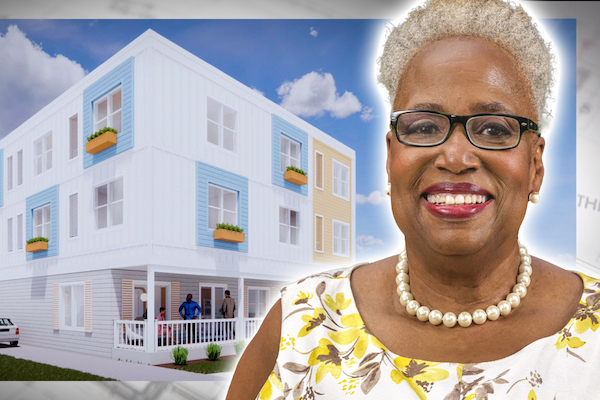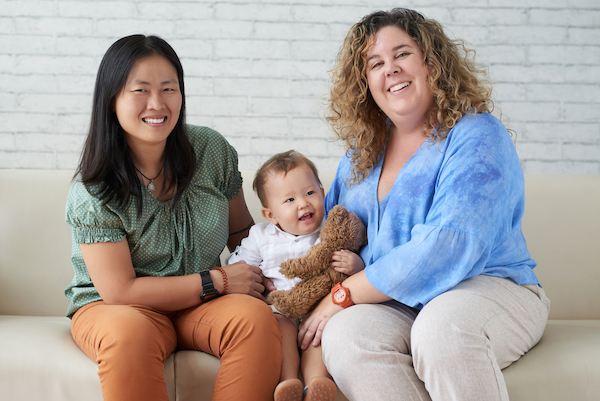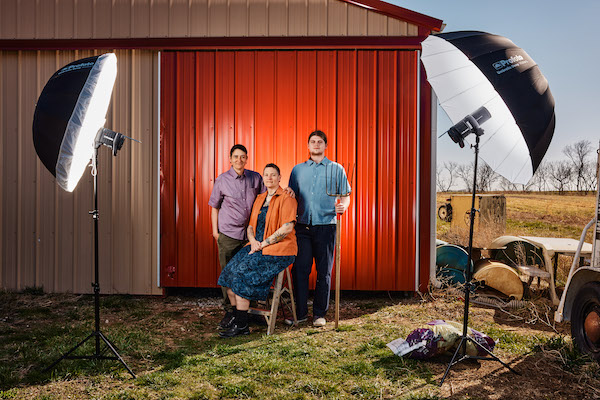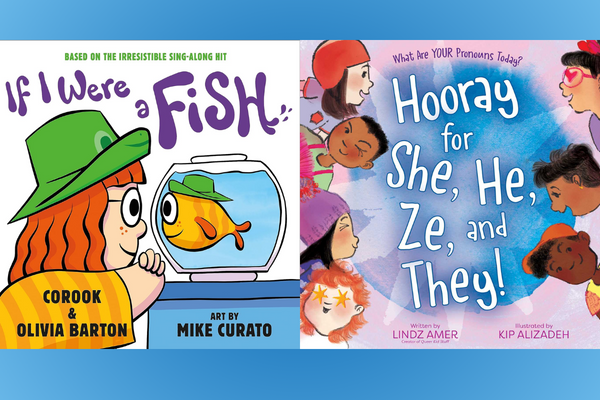
Sydney WorldPride is Planning a Celebration Like No Other
November 9, 2022
Tegan and Sara Dish On Their New TV Show, Album, Tour, and Book
November 16, 2022Found families are one of the most treasured touchstones of the LGBTQ community. It is within these circles of friends who evolve into family that we find unconditional support, meaningful companionship, and genuine belonging. As we continue to age, there’s an added role that the members of our found families may take on: That of caregivers.
According to SAGE, an advocacy group for LGBTQ elders, caregiving is defined as “the act of providing physical, psychological, and/or emotional assistance to another person, typically for an extended period of time.” Receiving this care is an integral part of life for many people as they enter their older years and their bodies become more vulnerable. But for older LGBTQ individuals, securing this much-needed long-term care can have an added layer of difficulty.
“Members of the LGBTQ community often go into the closet once they enter assisted care and hospice because they don’t feel safe coming out,” says Dr. Imani Woody. As the CEO and Founder of Mary’s House for Older Adults—a DC-headquartered organization that cares for LGBTQ and SGL (same gender loving) elders—Dr. Woody has seen first hand the positive impact of queer elders receiving care from those within their own community, whether they’re getting DC, Virginia, Texas or Louisiana Home Care. “Many of us don’t have kids and are rejected by our birth families. Mary’s House for Older Adults allows us to build logical, or found, families,” explains Dr. Woody.
However, Dr. Woody cautions that LGBTQ individuals shouldn’t wait until our twilight years to build connections within our communities. “If you live, you’re going to grow old,” she says. The key is to start building our found families now, no matter our age. Studies show that older LGBTQ individuals are more likely to become caregivers than our heterosexual counterparts, and in this case, found families provide a strong network of people to lean on should we become caregivers for those around us. Building found families now also empowers us to forge a trusted support system of people who can give care to us as we continue to age.
While caregiving can happen in the home or in a care facility, adequate caregiving for LGBTQ elders would encompass a complete continuum of care through the end of life. Ideally, there would be supportive, inclusive care provided for those living independently, in assisted living (also known as nursing homes) facilities, and in hospice facilities.
Dr. Woody hopes to eventually offer all of this through Mary’s House for Older Adults by expanding continually to offer every level of care needed. Currently, the organization supports LGBTQ elders living alone through regular “check-in” phone calls, making sure they don’t suffer from social isolation. Later this year, they’ll break ground on a care facility with 15 rooms. The waitlist for rooms at the facility is already over 100 people strong, illustrating the desire for affirming housing for elder member of the LGBTQ community.
As Dr. Woody and people like her work to build organizations that ensure we all get the care we deserve as older LGBTQ individuals, we can all do our part today by building community and supporting the LGBTQ elders around us.





